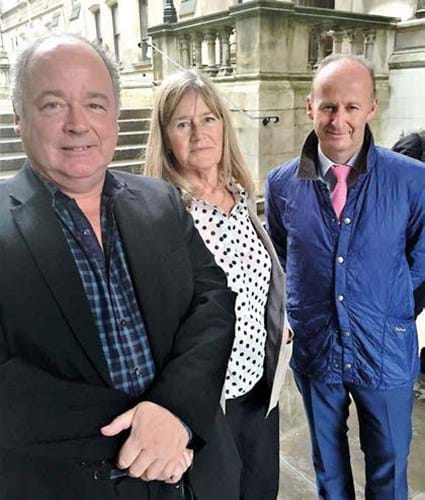
Friends of Antique Cultural Treasures Ltd (FACT) took the government to court saying that the act is contrary to EU law (which allows trade in pre-1947 ‘worked’ ivory) and, on ‘proportionality’ grounds, goes too far by denying owners of antique ivory property rights.
At the hearing, Mr Justice Robert Hay reminded the court that “the democratic process has reached a conclusion” on the act’s substance but that both counsels had “given me a lot to think about” before he produces a final judgment. Tom de la Mare QC, acting for FACT, argued on October 16-17 that the Ivory Act 2018 was “draconian” with “arbitrary exemptions”.
Instead, de la Mare told the court, FACT is proposing a certification and registration system for ivory antiques. This would be similar to that proposed in the act for exempted items and ensure the removal of modern ivory “tat and trinkets” from the market.
De la Mare highlighted a lack of evidence of any connection between trade in antique ivory and the demand for modern poached “fresh” ivory. He quoted the conclusion of wildlife trade monitor Traffic’s 2016 report, A Rapid Survey of UK Ivory Markets, of “no provable link” between the two.
‘An assertion not proven’
A key argument by Sir James Eadie QC, representing DEFRA, was that “the licit trade” in antique ivory was “masking illicit trade in modern ivory”. This point was then refuted by de la Mare as “an assertion… not proven”.
De la Mare also argued that the act’s exemptions, including for musical instruments and objects of ‘outstanding artistic significance’, were “arbitrary”.
“We’ve been given no criteria to assess what the ‘outstanding artistic, cultural or historic significance’ exemption means in practice,” de la Mare said.
Paul Moss, former owner of Sydney L Moss and a collector of ivory antiques, was among the FACT directors present in court. He told ATG after the hearing that Mr Justice Robert Lay “was clearly engaged and sympathetic to our arguments on the proportionality side”.
Dealer Peter Petrou, who organised fund-raising for the case and was also present, said: “We have done the right thing by putting up this fight… and hope for a system of registration for bona fide antiques rather than a complete ban.”














